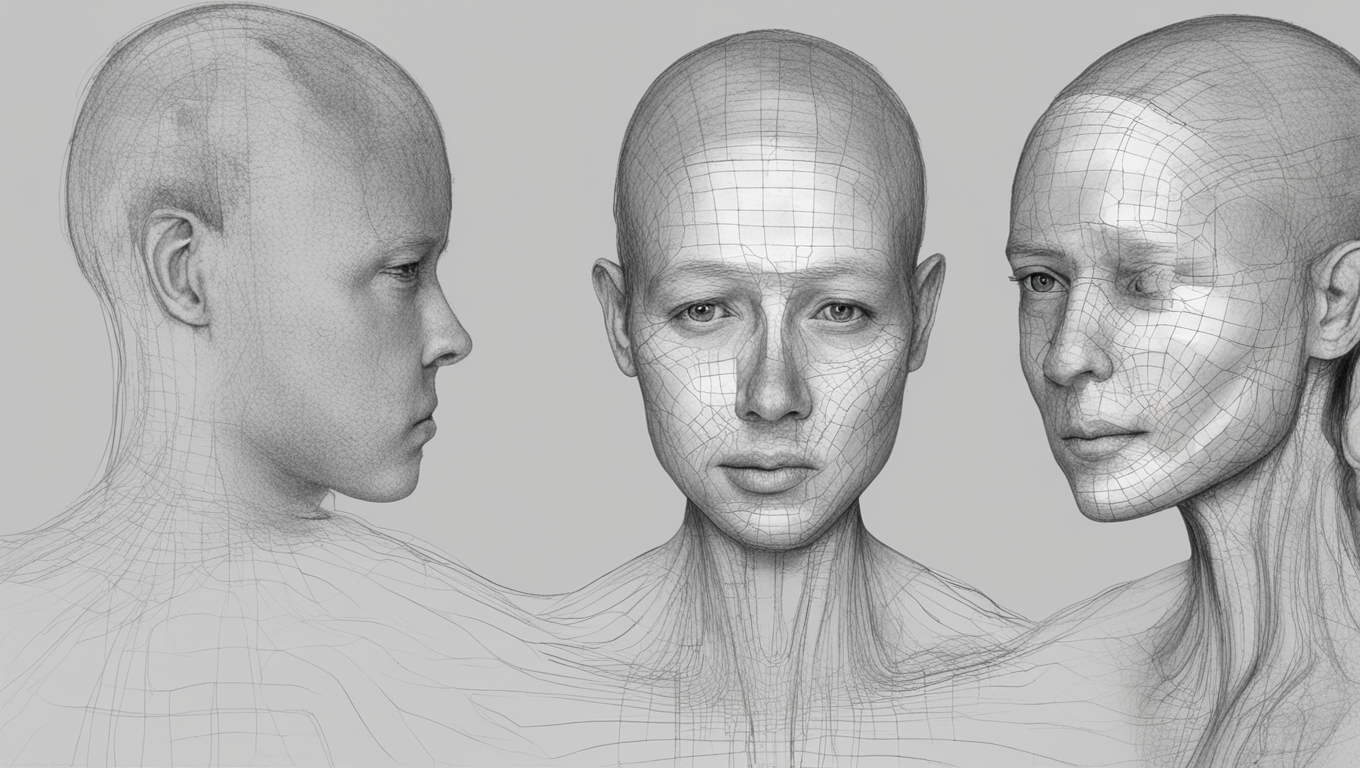Using a combination of facial thermal imaging and artificial intelligence (AI), researchers from Tsinghua University in Beijing have made a groundbreaking discovery in the field of medical assessment. In a recent study published in the journal BMJ Health & Care Informatics, they demonstrated that this innovative approach can accurately detect the risk of coronary artery disease, a condition that can lead to heart attacks.
Coronary artery disease is caused by the buildup of plaques in the heart’s major blood vessels. Traditionally, diagnosing this condition has relied on probability assessment of risk factors, in addition to time-consuming and invasive tests such as electrocardiograms and angiograms. These methods are not always accurate or widely applicable, creating a need for a more effective and non-invasive approach.
The researchers used thermal imaging to capture temperature distribution and variations on the surface of an object by detecting the infrared radiation it emits. When coupled with AI, this combination can identify areas of abnormal blood circulation and inflammation by analyzing skin temperature patterns. This technology provides real-time measurements and has shown superior performance compared to conventional methods, making it suitable for clinical practice.
In a study involving 460 individuals suspected of having heart disease, the researchers used thermal imaging of their faces and validated the results using an AI-assisted imaging model. They found that 70% of the participants were confirmed to have coronary artery disease. The approach was about 13% better at predicting the presence of the disease compared to pretest risk assessment methods.
The researchers are excited about the potential applications and research opportunities that thermal imaging-based coronary artery disease prediction holds. They believe that this biophysiological-based health assessment modality can provide valuable disease-relevant information beyond traditional clinical measures, enhancing the overall assessment of atherosclerotic cardiovascular disease and related chronic conditions.
“The feasibility of [thermal imaging]-based [coronary artery disease] prediction suggests potential future applications and research opportunities,” the team said. They emphasized the need for larger studies to further explore and validate the effectiveness and reliability of this approach.
This breakthrough discovery has the potential to revolutionize non-invasive medical assessments, particularly in the field of cardiovascular health. By combining thermal imaging and AI, healthcare professionals can obtain valuable insights into the presence and progression of coronary artery disease. This advancement paves the way for earlier detection and intervention, ultimately leading to improved patient outcomes and a proactive approach to managing heart health.





Use the share button below if you liked it.